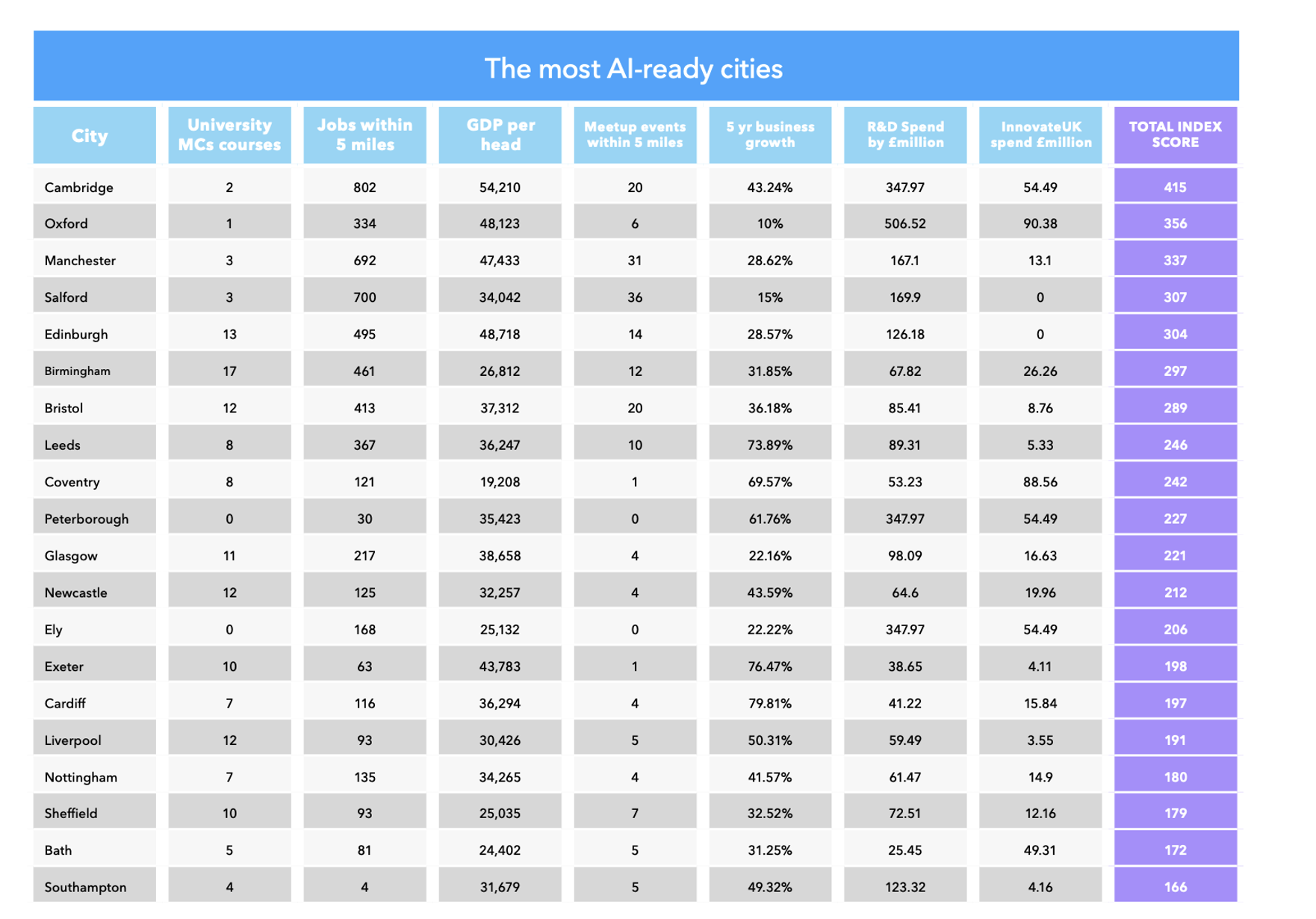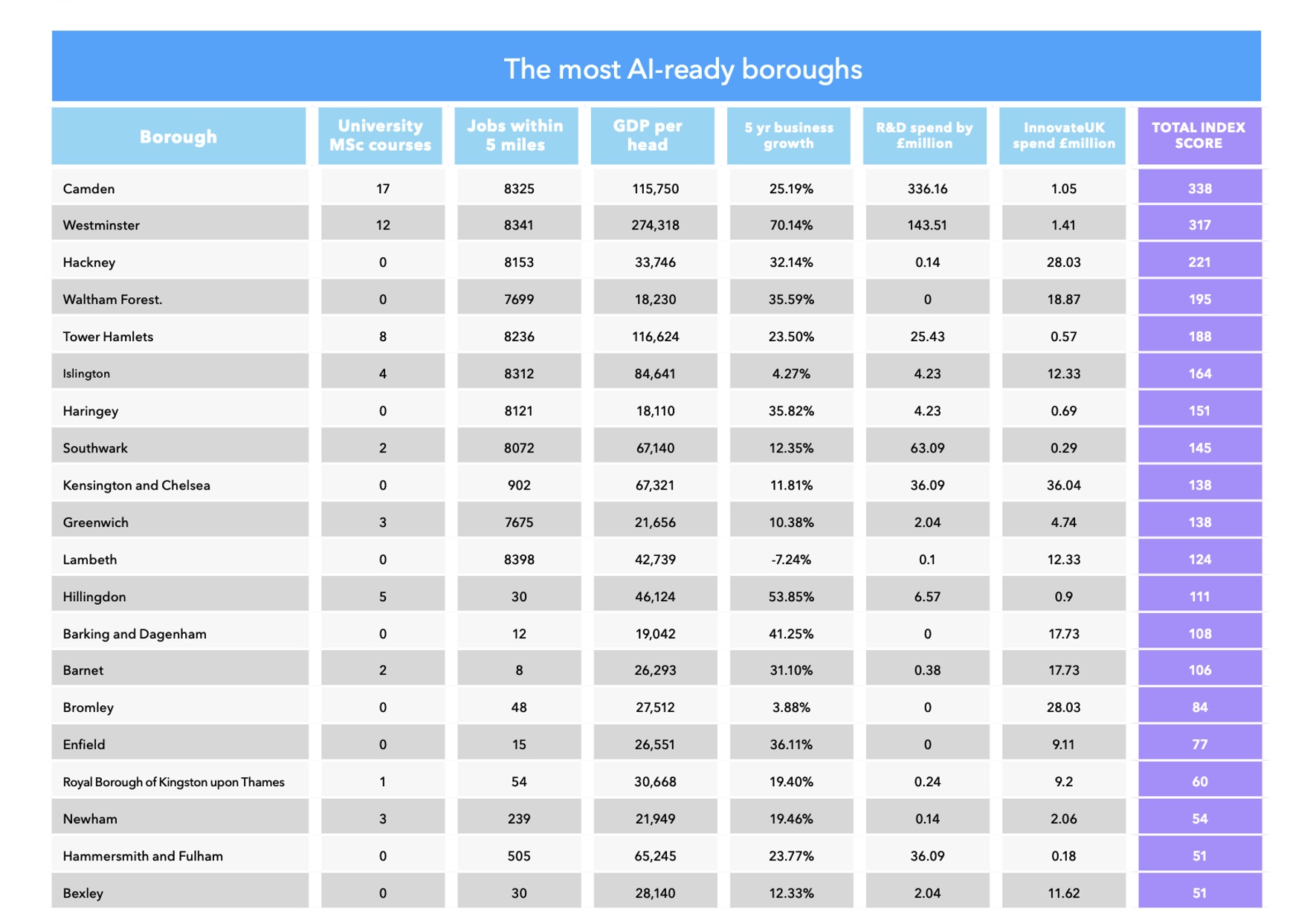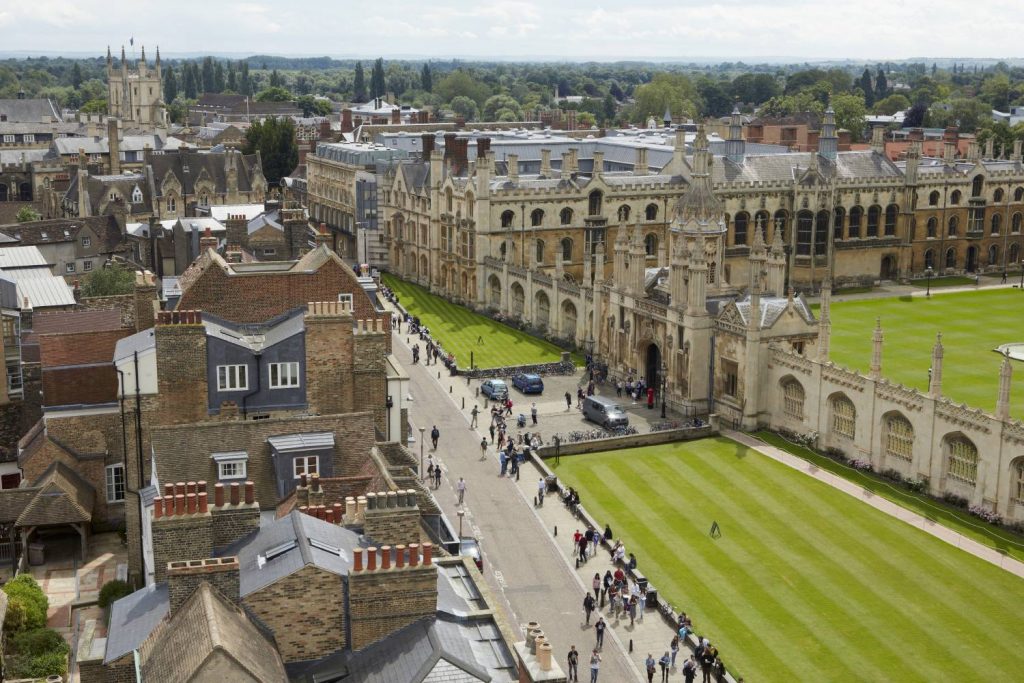AI has, for many years, been the stuff of fantasy. From the monster in Mary Shelley’s Frankenstein to the dystopian futures depicted in films such as Metropolis, the Matrix and Minority Report, the idea of intelligent machines has been capturing the imagination of writers for centuries. Our ability to store and process high data volumes using advanced algorithms and powerful computing means that AI is no longer confined to fiction.
It is already transforming entire industries – financial services, energy & utilities, retail and telco to name but a few – without the sinister associations, it has in books and films. In fact, with strict governance, ethical AI is a force for good – whether it be helping to improve patient outcomes, or tackling climate change. Job prospects, quality of life and the economic health of regions and countries can all be enhanced by AI, and business leaders and policy-makers alike see its potential.
Last year, the UK government launched its National AI Strategy, a 10-year plan to make the UK a ‘global AI superpower’. As with its wider Levelling Up initiative, which has a strong digital element, the government wants to level up AI and data science skills beyond London and the South East.
We know from our own research that organizations in the public and private sectors are keen to invest in AI, machine learning (ML) and data analytics. Around 54% are already using AI and ML, while 44% plan to in the coming two years – although lack of skills is a barrier for 63% of them.
Along with skills, there are other indicators of how ready a city or region is for the AI revolution. To find out which are leading the way in the UK, and which are lagging behind, we looked at seven key indicators – including the number of AI-related MSc courses in the city, job ads nearby containing AI-related keywords, tech meet-ups and investment from Innovate UK.
Methodology
To find out which are leading the way in the UK, and which are lagging behind, SAS looked at seven key indicators:
- Number of MSc courses containing AI-related keywords.
- Number of job adverts containing AI-related keywords on Indeed.com.
- GDP per head, per area from ONS data.
- Number of tech meet-ups within a five-mile radius, using meetup.com.
- Five years business start-up growth.
- Innovate UK investment by £1million.
- R&D investment by £1million.
We gave every city and borough an index score for each separate data point with equal weighing, adding up each score over the seven data points to calculate an overall score out of 700.
The most AI-ready cities and London boroughs
With their prestigious universities and science parks, Cambridge and Oxford are a hotbed of innovation and talent, so it’s no surprise they scored highest in our index for cities outside of London.
What’s reassuring is that the top-performing regions aren’t concentrated in the south either. Manchester, once home to the great mathematician and computer pioneer Alan Turning, placed third, closely followed by nearby Salford. Collectively, the two cities have the most AI-related jobs available in the UK outside London, at 1,392.
Elsewhere, some cities appear to be benefitting from the ‘gravitational pull’ of neighbours like London. Though outside the top 10, Milton Keynes and St. Albans have both attracted relatively high levels of investment from Innovate UK, at £22.25m and £23.15m respectively, a reflection of the number of ambitious companies based there.
The most AI-ready London boroughs 
As well as identifying the cities and boroughs in a strong position to leverage AI, our research also highlighted the ones lagging behind.
The least AI-ready cities
| Town / City | Total Index Score |
| Newry | 42 |
| Newport | 47 |
| Lichfield | 49 |
| Lisburn | 53 |
| St Davids | 55 |
| Salisbury | 58 |
| Truro | 59 |
| Bangor | 59 |
| Inverness | 62 |
| Armagh | 64 |
Our data shows a worrying lack of AI-related jobs, courses and investment in the devolved nations in particular – for example, the only relevant MSc courses in the bottom 10 are three in Bangor and one in Inverness. The fact that there are no tech meet-ups within five miles of any of the towns and cities indicates there’s little or no tech scene to attract talented people or encourage them to stay.
Their size and remote location will be one reason why these areas are lagging behind but it’s important that they’re not forgotten. They need critical infrastructure, including 5G and superfast broadband, and vocational training opportunities in tech if the government is to realise its ‘levelling up’ plans.
Government figures show there are up to 234,000 vacancies for data skills, yet only a potential supply of 10,000 graduates per year. Glyn Townsend, Senior Director of Education Services at SAS for Europe, Middle East and Africa believes we need to look to supplement this with clear learning paths and career progression for others too, such as Modern Apprenticeships and continual learning. Businesses should also take real advantage of the apprenticeship levy and the significant return on investment that training provides, Townsend says.
SAS has recently launched a new Modern Apprenticeship pathway with Kaplan, to provide individuals with modern analytical and data visualisation skills.
To help job seekers and employers looking to upskill or reskill, SAS also provides SAS STEP, a free initiative for people looking to develop the important skills required to work with data.
Enhance your creativity. Unlock new possibilities. Boost productivity. Learn more about SAS' AI solutions.




